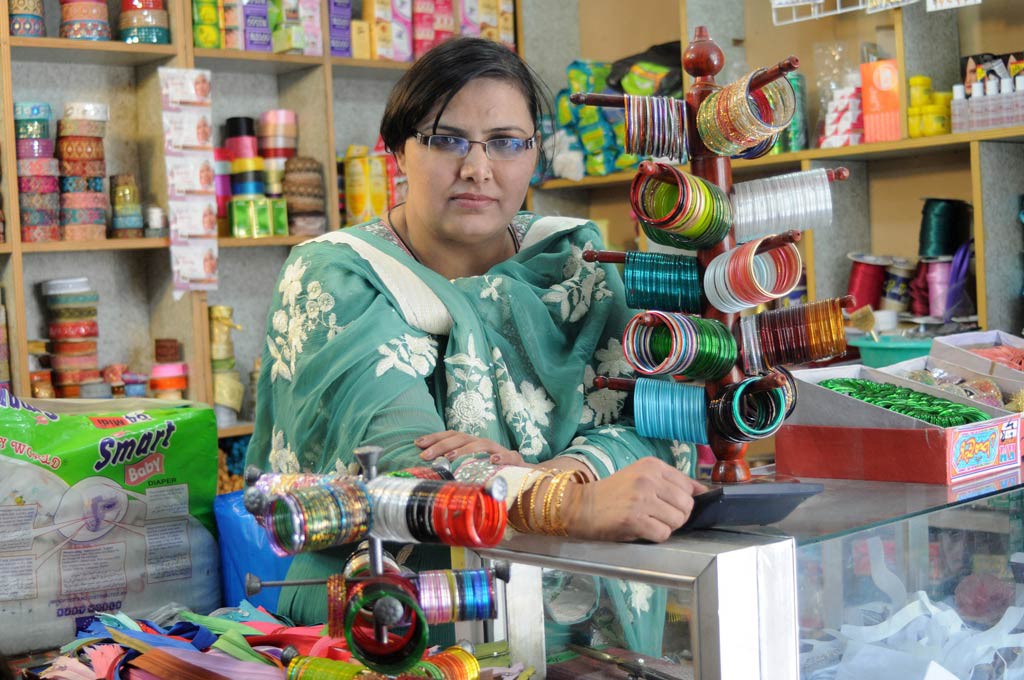The eighth annual Global Entrepreneur Summit went down in Hyderabad, India last week with a focus on supporting women entrepreneurs. But whether owners are male and female, small and medium-sized enterprises have been have frequently overlooked when it comes to financing.
Indeed, the International Finance Corp., part of the World Bank, has estimated that there’s a $2.6 trillion credit gap globally for SMEs in emerging markets. In some parts of Africa, Latin America and Asia, more than 60% of SMEs suffer from the credit gap.
At the same time, SMEs are critical in emerging economies, creating four out of every five jobs and up to 40% GDP, according to a recent survey by Blue Orchard of lenders to SME lenders in the Caucasus, East Asia, Sub-Saharan Africa and Central and South America.
Small and medium-sized enterprises are pivotal in achieving many of the U.N.’s sustainable-development goals. As we reported back in June, such businesses serving Asian markets could capture more than 40 percent of the $12 trillion or so in new revenue and cost savings from SDG-aligned solutions. Possible targets: SDG №8 (Decent Work and Economic Growth) and SDG №9 (Industry, Innovation, and Infrastructure). They can also play a key role in meeting SDG №7 (Affordable and Clean Energy).
A 2014 World Bank report found that there is potentially a $1.2 trillion market for SMEs in clean technology, including opportunities in waste management, small hydroelectric projects, onshore wind power and solar photovoltaics. (In the UK, up to 90% of clean-technology businesses are SMEs, the World Bank found, and this could be replicated in the developing world.)
SMEs need all sorts of financing instruments, including bonds, loan securitization, crowd-funding platforms and digital finance. One example of digital finance is India’s NeoGrowth, which makes working-capital loans to SMEs that receive non-cash payments — customers pay for the product or service on NeoGrowth-approved point-of-sale machines.
Banks are important in terms of sheer volume, but other financial institutions (credit unions, cooperatives, microfinance institutions, etc.) are also crucial to meeting the financing needs of SMEs because they tend to have greater outreach to the informal sector and are more flexible on some lending terms.











